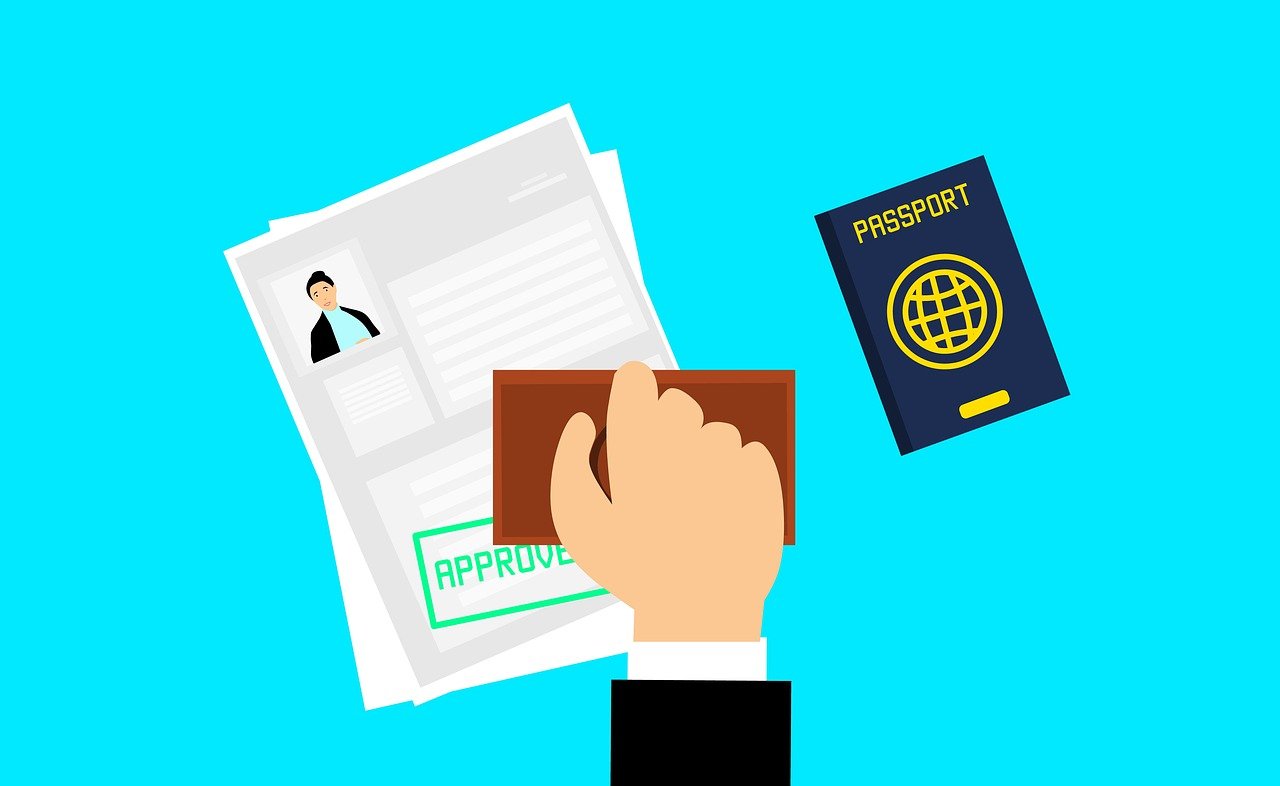If you’ve been a long-time follower of our blog, you’ll know that on January 29th the Department of State launched a pilot program giving certain H-1B applicants the ability to renew their visas without ever having to leave the United States.
The State Department accepted applications for this pilot program until April 1, 2024, granting domestic visa renewals for approximately 20,000 qualifying applicants, whose prior H-1B visas were issued by either Mission Canada (with an issuance date from January 1, 2020, through April 1, 2023) or by Mission India (with an issuance date of February 1, 2021, through September 30, 2021).
What was so exciting about the pilot program’s announcement was the government’s intention to potentially expand the scope of the domestic visa renewal program to more applicants and other visa categories.
In a recent Committee Liaison meeting with the American Immigration Lawyers Association (AILA), State Department representatives said that the pilot program was a resounding success. The pilot program benefitted thousands of workers and saw strong participation from big companies, including a broad spectrum of employers from the hospitality, retail, manufacturing, technology, finance, and academic sectors.
When asked whether the State Department could release statistics about the program, representatives responded that such data is not yet available but revealed that the average turnaround time for approved applications was under two weeks.
 Visa Lawyer Blog
Visa Lawyer Blog




